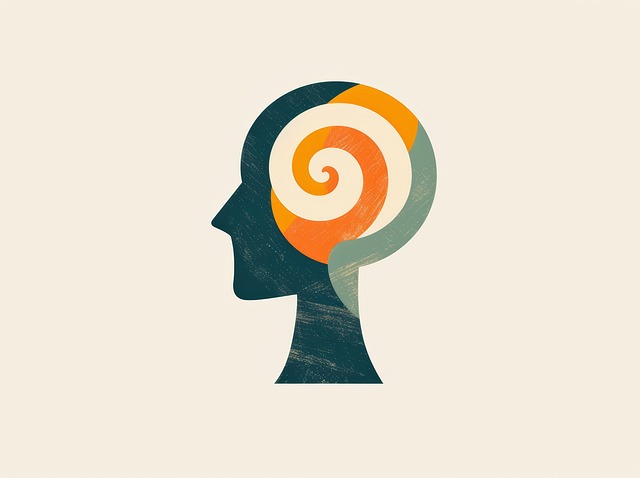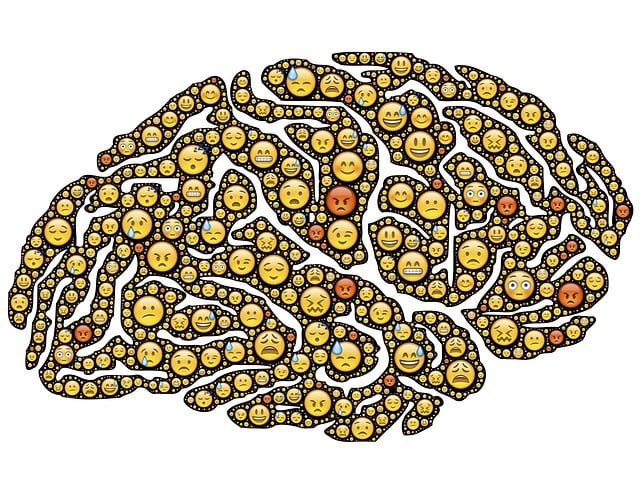TL;DR:
Dissociative disorder in young children is a complex condition stemming from trauma, characterized by detachment from reality (depersonalization, derealization). Therapy focuses on Mind Over Matter principles, promoting self-care and specialized interventions for emotional healing. CBT is an effective treatment for substance abuse among these kids, targeting negative thought patterns and addressing underlying mental health issues. Family-based interventions create safe spaces, integrating therapy into routines to heal children and equip parents with trauma support. Long-term strategies including tailored therapy and coaching significantly reduce the risk of future relapses, promoting lasting recovery.
“In addressing substance abuse among young individuals, understanding underlying conditions such as dissociative disorder is crucial. This comprehensive article explores risk reduction strategies, focusing on therapeutic interventions for at-risk youth. We delve into the role of therapy, highlighting Cognitive Behavioral Therapy (CBT) and family-based approaches, which have proven effective in mitigating risks. Additionally, we discuss long-term solutions to prevent relapse and promote healing, emphasizing the importance of early intervention and support systems in fostering recovery.”
- Understanding Dissociative Disorder in Young Children: Symptoms and Causes
- The Role of Therapy in Risk Reduction for Substance Abuse
- Cognitive Behavioral Therapy (CBT): An Effective Approach
- Family-Based Interventions and Support Systems
- Long-Term Strategies for Preventing Relapse and Promoting Healing
Understanding Dissociative Disorder in Young Children: Symptoms and Causes

Dissociative Disorder in young children is a complex condition that often goes undiagnosed due to its subtle nature. This disorder manifests as a disconnection from reality, leading to symptoms like depersonalization (feeling detached from oneself), derealization (perceiving the world as unreal), and altered states of consciousness. Children may exhibit unpredictable behavior, difficulty concentrating, flashbacks, or even blackouts.
Several factors contribute to the development of Dissociative Disorder. Traumatic events, such as abuse, neglect, or severe emotional distress, are significant triggers. These experiences can overwhelm a child’s developing brain, leading to the creation of ‘safe spaces’ or dissociative states as coping mechanisms. Therapy for young children with this disorder focuses on Mind Over Matter principles, helping them develop healthy self-care routines and fostering emotional healing processes through specialized therapeutic interventions.
The Role of Therapy in Risk Reduction for Substance Abuse

Therapy plays a pivotal role in mitigating risks associated with substance abuse, especially for young children suffering from dissociative disorder. Early intervention through specialized therapy can be life-changing. Mental health professionals employ various techniques to help these children process and overcome trauma, fostering positive thinking and emotional resilience. By addressing underlying issues, therapy reduces the likelihood of substance abuse as a coping mechanism.
Additionally, integrating mental health education programs into the therapeutic design empowers young individuals with knowledge about substance abuse risks and the importance of mental well-being. These programs not only teach strategies for anxiety relief but also encourage peer support networks, further strengthening their ability to resist substance abuse and promote positive life choices.
Cognitive Behavioral Therapy (CBT): An Effective Approach

Cognitive Behavioral Therapy (CBT) has emerged as a highly effective approach for addressing substance abuse issues, particularly in young children and those dealing with dissociative disorders. This form of therapy focuses on identifying and changing negative thought patterns and behaviors that contribute to substance misuse. By targeting underlying mental health conditions such as anxiety or depression, CBT helps individuals develop healthier coping mechanisms.
In the context of mental illness stigma reduction efforts, CBT promotes self-awareness and empathy building strategies. Through structured sessions, clients learn to recognize triggers, challenge distorted thoughts, and adopt more adaptive behaviors. This process fosters resilience, enabling individuals to navigate stressful situations without resorting to substance abuse. By addressing both the symptoms of mental illness and the underlying causes, CBT offers a comprehensive strategy for long-term recovery and improved overall well-being.
Family-Based Interventions and Support Systems

Family-based interventions and support systems play a pivotal role in mitigating risks associated with substance abuse, especially among young children suffering from dissociative disorders. By integrating therapy for young children with dissociative disorder into family routines, mental health professionals can create a safe and nurturing environment that enhances healing and recovery. This collaborative approach not only addresses the child’s symptoms but also equips parents and caregivers with effective trauma support services, fostering a supportive ecosystem at home.
Furthermore, these interventions encourage the development of strong support systems, which are crucial for long-term mental health stability. Self-care practices, such as regular therapy sessions, open communication channels, and stress management techniques, empower family members to manage their own emotional well-being. This holistic strategy ensures that every individual involved in the process receives necessary risk assessment for mental health professionals, ultimately reducing the likelihood of substance abuse recurrence and promoting overall resilience within the family unit.
Long-Term Strategies for Preventing Relapse and Promoting Healing

Long-term strategies for preventing relapse and promoting healing go beyond initial recovery. They involve ongoing mental health awareness and positive thinking, which are crucial elements in fostering mental wellness. For young children with dissociative disorders, therapy plays a pivotal role in addressing underlying issues that may contribute to substance abuse. Early intervention and specialized treatment can significantly reduce the risk of future relapses.
Mental wellness coaching programs can also be beneficial, offering tailored support to cultivate positive thinking and coping mechanisms. By integrating these strategies into daily life, individuals can enhance their mental health awareness and build resilience against triggers. This holistic approach not only prevents relapse but also facilitates a transformative journey towards lasting recovery and improved quality of life.
In addressing substance abuse risk reduction, especially in young children affected by dissociative disorder, a multifaceted approach is crucial. Combining therapy, such as Cognitive Behavioral Therapy (CBT), with family-based interventions and robust support systems offers the best chance for successful recovery. Long-term strategies focused on preventing relapse and promoting healing are essential components of this comprehensive framework. By implementing these effective methods, we can better support young individuals in their journey towards a healthier, substance-free life.










